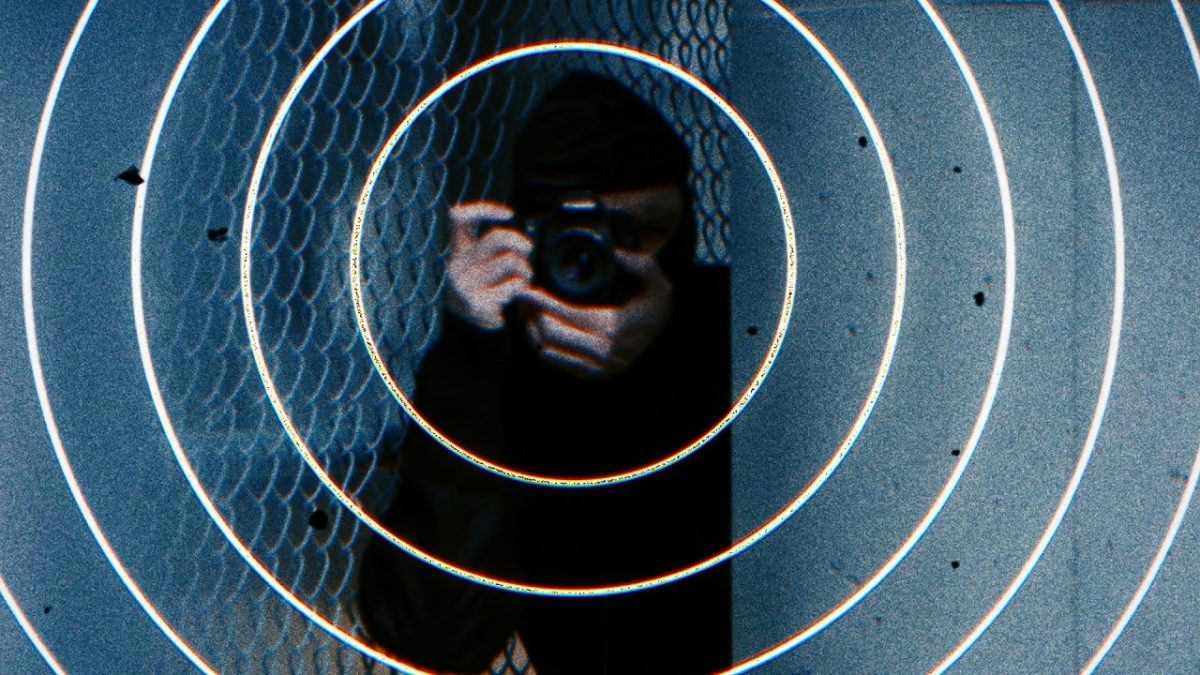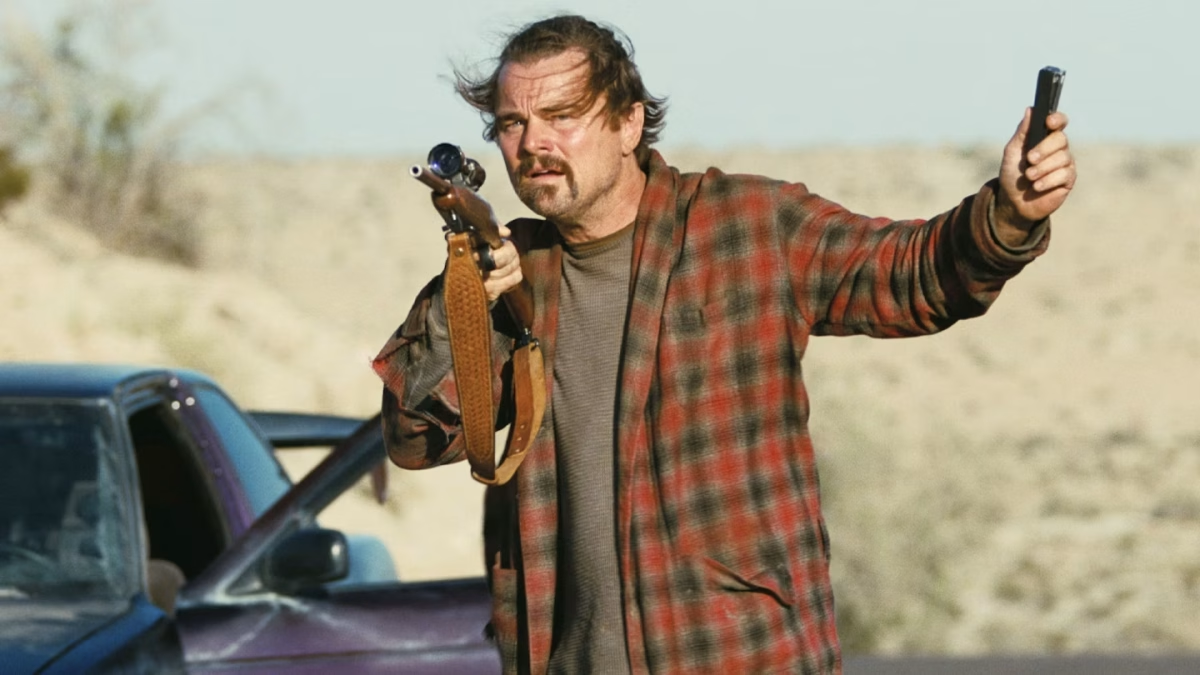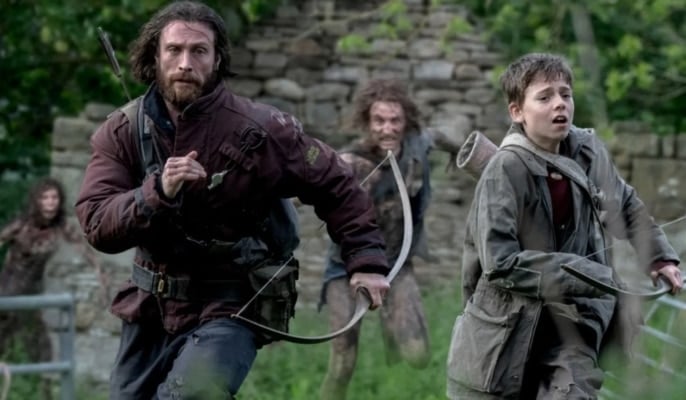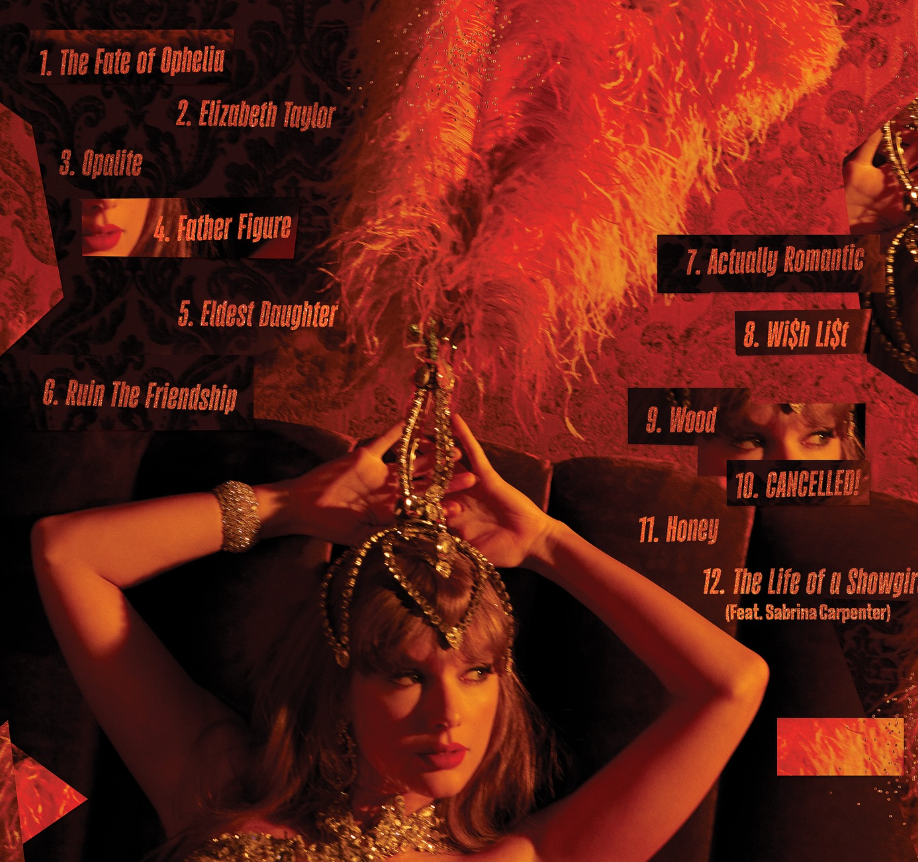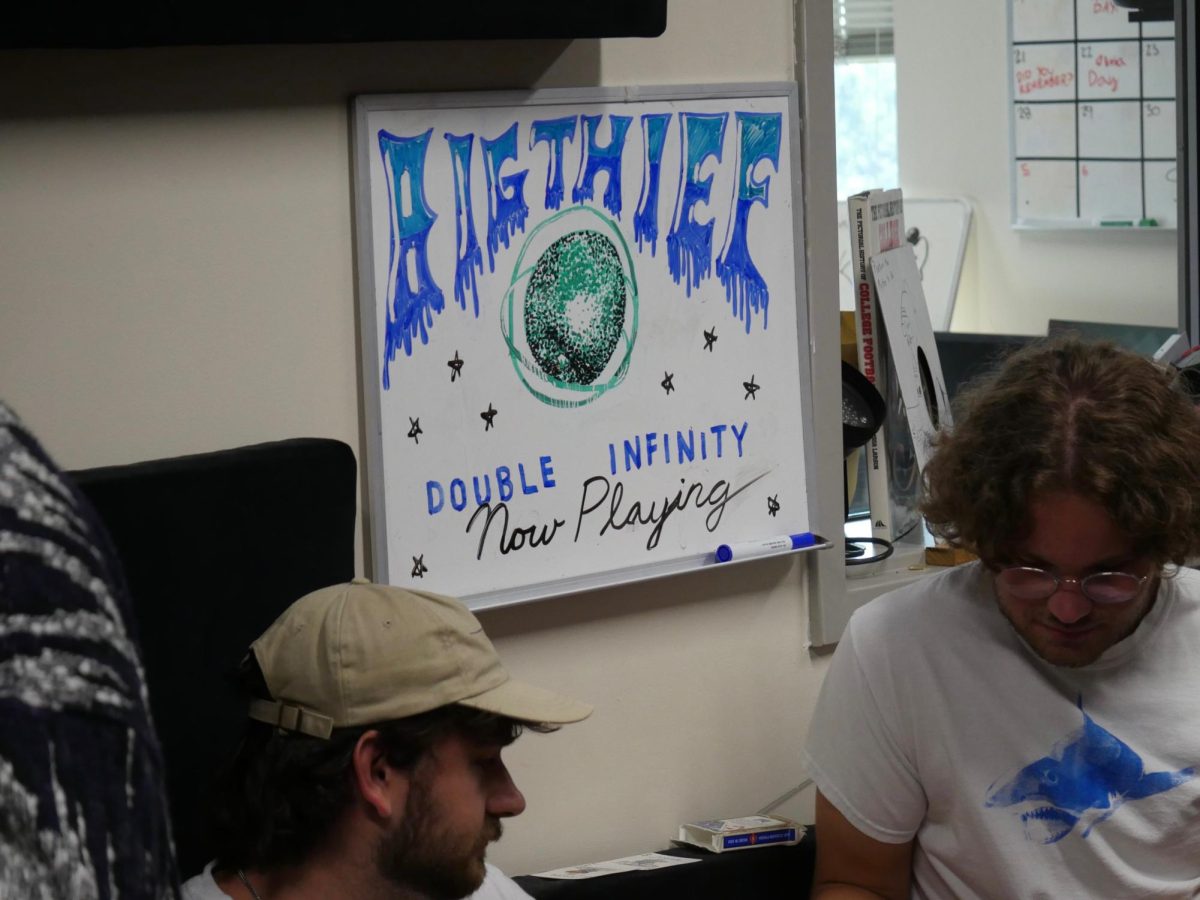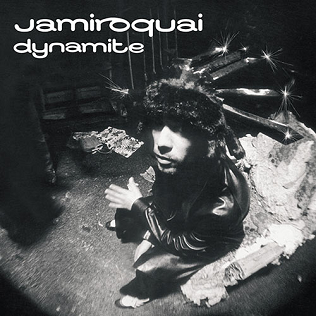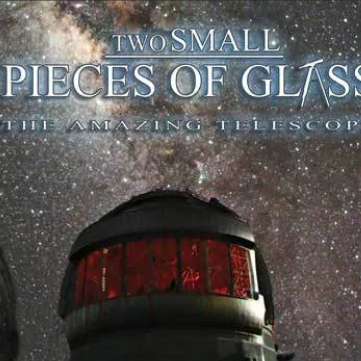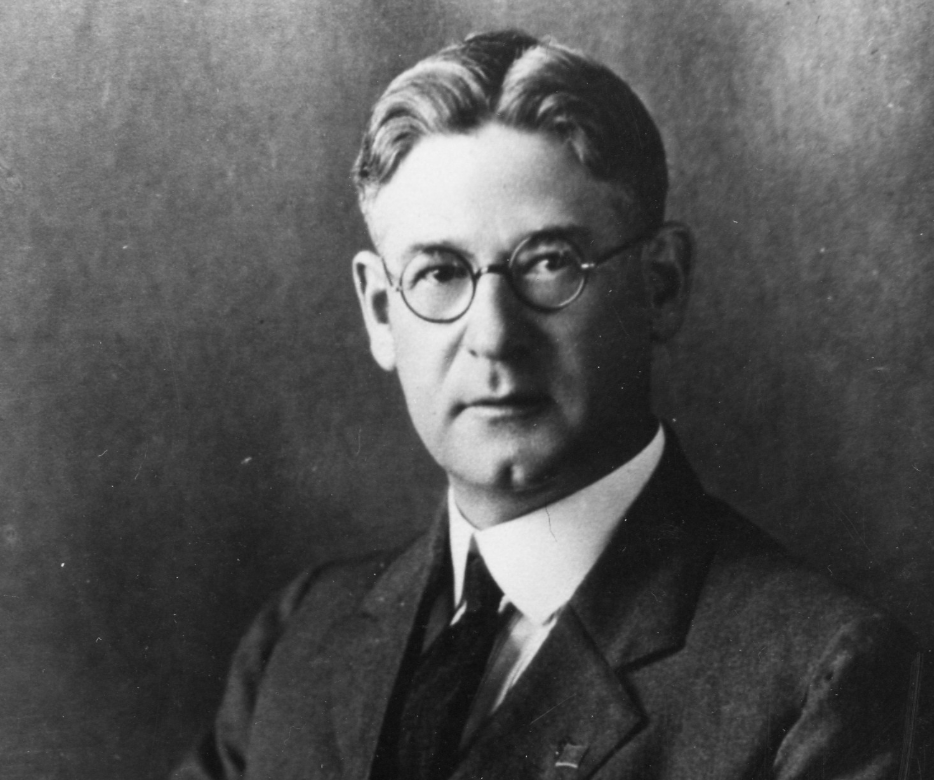“Dead Channel Sky,” the latest full-length album by Southern California hip-hop trio clipping., is not only the trio’s most eclectic release but also its best. Since releasing debut mixtape “midcity” in 2013, the group has become highly acclaimed for its high-concept storytelling and innovative production, and “Dead Channel Sky” represents the apotheosis of both.
“Dead Channel Sky” isn’t a sustained narrative, like their 2016 sci-fi album “Splendor & Misery,” but it still constructs a distinctive world. “Dead Channel Sky” is akin to an anthology of short stories, sketching out a portrait of an alternate, cyberpunk vision of the present through songs that function like vignettes describing various characters and narratives.
As has become standard for clipping., “Dead Channel Sky” opens with a freestyle intro. Daveed Diggs’ rapid-fire lyrics build up to the requisite declaration that “it’s clipping., bitch,” before the song deteriorates into a morass of digital noise.
The first proper song on the record, “Dominator,” is representative of clipping.’s approach throughout “Dead Channel Sky,” pulling from 1990s electronic and hip-hop music, but with a distinctly contemporary flair. It’s surprisingly reminiscent of Charli XCX’s “Brat” from last year, which similarly drew on acid house and electroclash.
“Dominator” is constructed around a sample pulled from Human Resource’s techno track of the same name. Producers William Hutson and Jonathan Snipes recontextualize the sample, creating a fragmented beat over which Diggs raps about being a cyborg.
On “Dominator” and elsewhere across the album, Diggs seems to split the difference between serious, highly technical cyberpunk like “Neuromancer” (in fact, the album’s title is a “Neuromancer” reference) and absurd, maximalist stuff like “Johnny Mnemonic.”
“Change the Channel,” one of the album’s singles, is a high-energy, lighthearted account of a revolutionary group’s plan to sabotage space travel. “Polaroids,” on the other hand, is serious in tone and matter-of-fact, describing the images secreted away in a box under someone’s bed. The track’s lyrics are exceptional, cleverly hinting at the history of this alternate present by calling out subtle details in the photos and describing the ultimate fates of their subjects.
Elsewhere, Diggs’ lyrics focus on specific individuals rather than broader narratives. Songs like “Keep Pushing” and “Scams” are character studies, portraying dealers of different kinds of drugs. “Dodger,” meanwhile, follows the disillusionment of a corporate paramilitary contractor.
Each song evokes a different musical style while still feeling unique to clipping. Diggs, Snipes and Hutson took a mixtape approach to composing the album. Each track is designed to sound distinct from the others — the narrator of the closing song, “Ask What Happened,” is implied to have compiled the in-universe mixtape from a myriad of sources.
“Dead Channel Sky” is a great album. Where previous clipping. projects have sometimes sacrificed consistently memorable songs to tell a cohesive story, or vice versa, “Dead Channel Sky” strikes a perfect balance. “Run It,” “Mirrorshades Pt. 2” and “Polaroids,” in particular, are among the group’s best songs and the fictional world clipping. constructs over the record’s 53 minutes is intriguing and well-developed.



